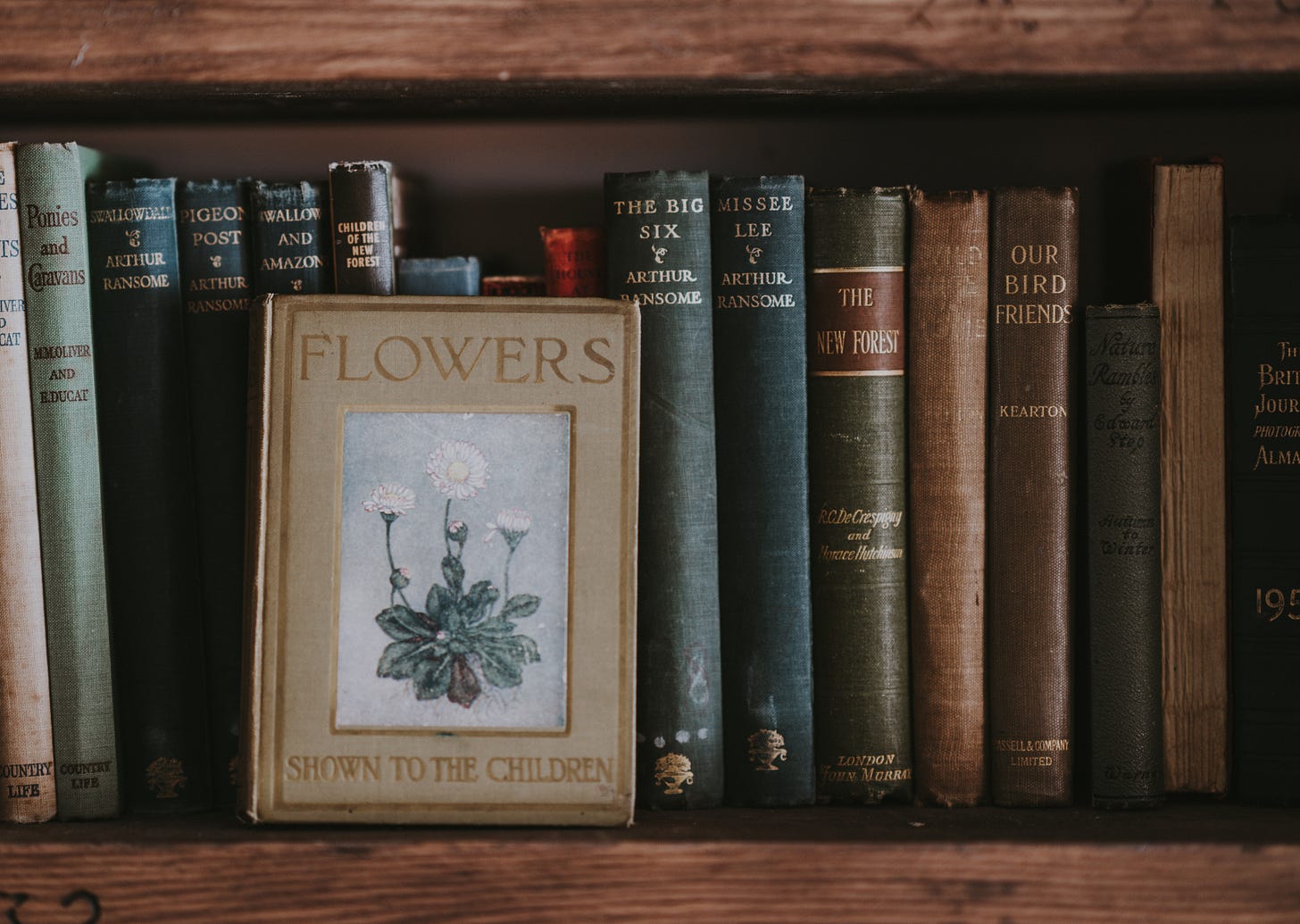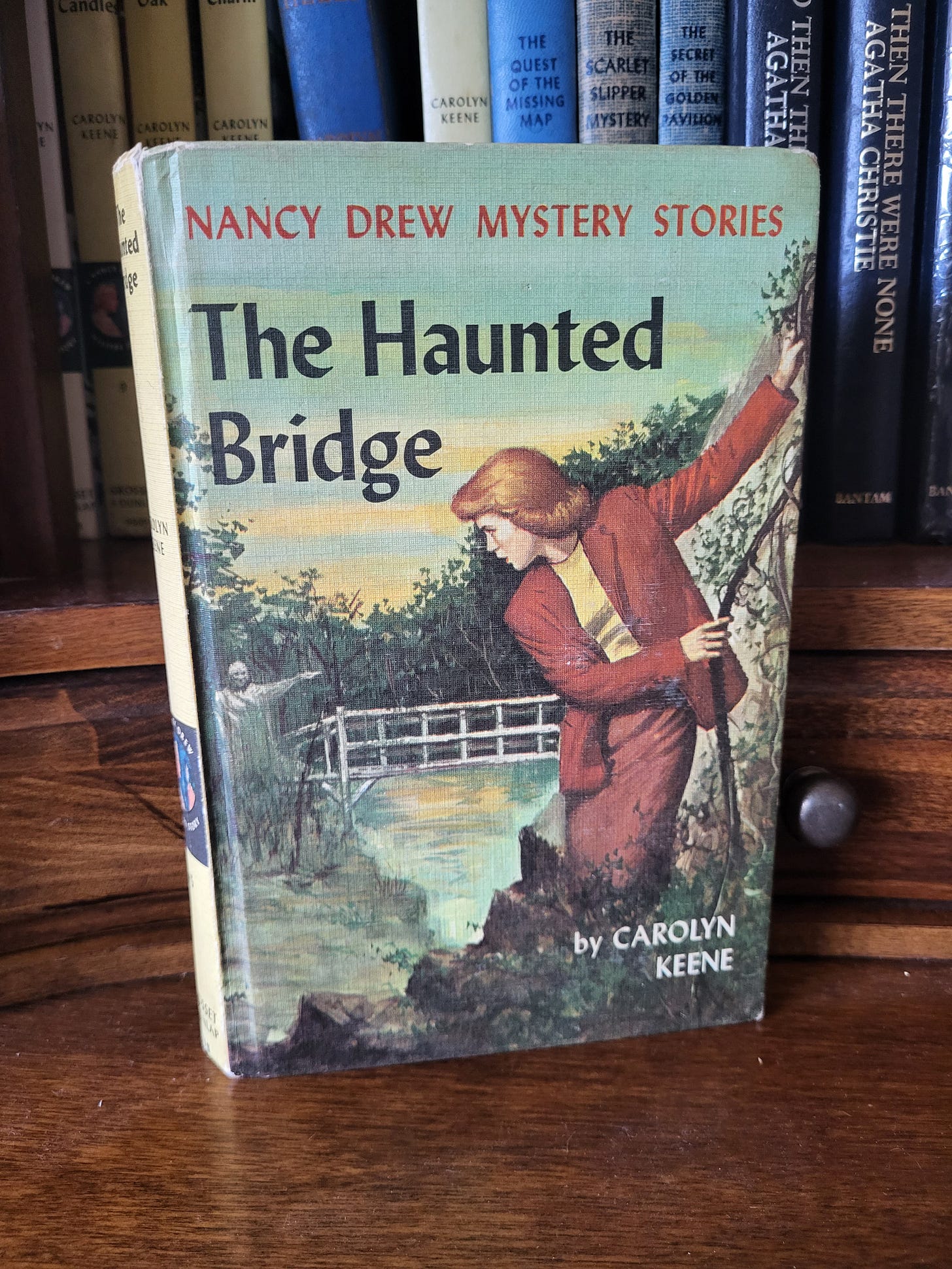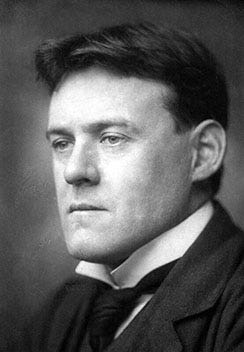The after-death legacy I'll spend a lifetime building
And my pet peeve for misattributed internet quotes

“A library of wisdom, then, is more precious than all wealth, and all things that are desirable cannot be compared to it. Whoever therefore claims to be zealous of truth, of happiness, of wisdom or knowledge, aye, even of the faith, must needs become a lover of books.” -Richard de Bury
If you plug that quote into Google, you will find it attributed thousands of times to Plato. And most of the time, it will exclude the phrase “even of the faith.”
Like many, many quotes on the internet and Etsy magnets (lovers of pithy words beware), it is truncated and misattributed. In fact, these words were written about 1600 years after Plato’s death. Oof.
This quote is a translation from the second chapter of a Latin text called The Philobiblon, or The Love of Books. The author attributed to this 1300s manuscript is Richard de Bury, an English bishop and medieval bibliophile who supposedly completed the work right before he died.
If you’re feeling particularly curious about the medieval mind of a book-collecting clergyman, you can read the full English translation for free.
And now that I’ve digressed into my personal pet peeve of misattributed internet quotes, back to the point at hand…
Contemplating my death
I am sitting quite youthfully at 20-something years old, though I am closer to thirty than twenty. So it may not be a common thought among my peers to consider what is worth leaving your family after your death.
But, as mentioned, I am an old soul. And not only an old soul, but Catholic. And thus the ancient practice of “memento mori” (or why Catholics are the original goths) is not a new one to me.
So what was worth leaving behind?
I seriously considered, and I came up with a short list, with one clear item at the top:
A home library.
I’m not the only one who seems to share this view. The great Sir Arthur Conan Doyle of Sherlock Holmes fame wrote:
“It is a great thing to start life with a small number of really good books which are your very own. You may not appreciate them at first.”
Yes, even if my children didn’t initially appreciate the volumes I left them, I wanted to leave a home library to the next generation. And not necessarily valuable in a financial sense. I’ll let Bishop Richard de Bury, not Plato, explain again:
“A library of wisdom, then, is more precious than all wealth, and all things that are desirable cannot be compared to it. Whoever therefore claims to be zealous of truth, of happiness, of wisdom or knowledge, aye, even of the faith, must needs become a lover of books.” -Richard de Bury (emphasis mine)
Truth. Happiness. Wisdom. Knowledge. FAITH.
These are the things I want to pass on. And in my particular heart and family, I want to pass on this wealth in the form of books.
And so, I have begun intentionally reading and acquiring books I believe unveil stories that teach truth, happiness, wisdom, and faith. These are stories that first fixated themselves enchantingly in my mind, before, over time, their deeper truths gradually sunk into my soul.
Of course, not all books that move me deeply will have the same effects on my children, or my children’s children. I have read Frankenstein with ardor three times. My husband couldn’t stomach it once.
It’s fascinating how the same story can have curiously different effects from person to person. After all, our souls weren’t designed to receive or respond to grace the exact same way. And yet I believe stories, good, timeless stories, are harbingers of grace that reach different souls in different ways. Even stories that take a couple tries to fully consume.
How I’m building a home library
And so, if books, truth, wisdom, and faith play any big part in your family culture, consider building a home library. These are some things I’ve considered as I’ve started building mine:
Read and reread more
There will be books I’ll fall in love with and add to my home library that I haven’t even read yet. These are the books yet-to-be-discovered over the years of my life, emphasizing that our home library reveals more than just a hobby for finding pretty books. The most intentional home libraries reveal the soul and journey of a person and a family, and the types of stories they value most.
I’ve realized that the more I read and a make literature a lifestyle, the better our home library will become.

Seek out high quality, hardcover editions
Living slowly, intentionally, and radically has carried over to our finances. I tend to follow the popular minimalist adage of “better, not more.”
A mass paperback edition is great if you want to quickly acquire a book for a book club or read it for the first time. But if there’s a book you know you want to hand down, do your research and find a nice hardcover edition.
I prefer finding older, yummier-smelling hardcover editions of books. And I don’t mind paying extra for a piece of literary history that will continue to live on. Newer high quality editions exist as well (as long as the text hasn’t been altered) and will have the advantage of being in better shape.
In other words, 100-year-old pages are much more fragile than a modern hardcover. Our home library contains “pretty” editions that are both new and old.
You can read about some of my favorite literary treasures here:
Don’t try to pass on thousands of books
I declutter my bookshelves.
Fellow book-lovers may gasp in dismay, but it’s true. While some revel in the collecting of thousands of volumes that cover whole rooms of their homes, my love of simplifying has carried over to my passion for books. And I expect that my children would be overwhelmed inheriting thousands of pounds of pages —and much more likely to donate them all to a local thrift store.
There’s no guarantee anyone in the next generation will see value in keeping my entire collection, much less a couple dozen books. But the least I can do is give them the best choices.
Collect both adult and children’s literature
As C.S. Lewis is famous for saying,
“A children's story that can only be enjoyed by children is not a good children's story in the slightest.”
In fact, he rather hammers in the point more than once. Saying of high quality children’s literature that:
“No book is really worth reading at the age of ten which is not equally – and often far more – worth reading at the age of fifty and beyond.”
Good children’s literature can be enjoyed by kids and adults alike, and classic stories for both children and adults are valuable to pass onto your loved ones.
Of course, we currently keep an entire shelf of *slightly* mind-numbing board books for my toddlers. These may not be books I’d ever find in Lewis’s own library, but I’ve made peace with that. It’s the start of something equally important:
Cultivate a bookish family culture
It would be weird to try and pass on my gardening tools to someone who had never tried or wanted to garden.
So I’m planting the seeds of a love of books in my children while they’re still young. And hopefully my kids will grow to value our home library as the years go on. They’ll understand why reading is such a healthy life habit, because it will have been their habit for a lifetime.
In this vein, I try to read books aloud to them everyday. I let them see me curling up on the couch reading a novel. And I keep books easily accessible on shelves at their level at all times. They’re also the main focal point in our home.
You can catch a glimpse of our antique bookshelves in my previous post on homemaking and antiques!
Be a bit of a purist
Don’t let those Great Illustrated Classics fill up your shelf space (although the pictures are nice, and I read a few as a kid). Abridged, revised, or edited editions of books, at least for me, have no place in my long-term home library. I don’t have any moral reason to dislike them, but I’ve decided that my library will strive to preserve stories as they were originally written.
I hold an exception for certain stories, like fairytales, which contain archetypes that are rewritten countless times in different cultures throughout history.
But there’s a reason I only collect the original 56 Nancy Drew books with a copyright date before 1959. Because starting that year, the first 34 books in the series were steadily revised, “modernized,” and shortened (many times, the story was changed substantially). Less pages meant reduced publishing costs, and anything that could be construed as offensive to a modern reader was removed.
But that’s a post for another time.
Don’t forget spiritual classics
I have found that the best fictional stories do something similar to my soul that reading Scripture sometimes does: they inspire me to think deeply, challenge my weaknesses, show me something admirable and real in the characters, and turn me back to God, even without explicitly preaching anything.
And yet nothing can replace the words of Scripture or a saint in your library.
A beautiful Bible, the Catechism, Thomas A. Kempis’s Imitation of Christ, Augustine’s Confessions, a collection of C.S. Lewis’s theological works…don’t neglect to fill out your home library with time-tested spiritual food for the next generation.
There are so many life-changing spiritual classics to choose from. And one of the advantages of creating a library over a lifetime is that I hope to enjoy and benefit from many of them as I decide which ones will earn a place on my shelves.
Build it over a lifetime
Creating a home library has been a prime example of “slow living” for me. There is no rush. No competition. No deadline. It grows quite slowly, patiently, and organically, because the hunt for beautiful editions of books happens between the bookshelves of countless secondhand bookstores, thrift shops, and buried in booths at the antique marketplace. Nor do I get to “choose” which treasures I come across in my search. It’s a delightfully serendipitous journey at all stages.
The building of a home library is a goal that stretches over a lifetime, and I’m in no hurry to feel “done.”
Should you write in your books?
What a controversial question! Writing in your books will decrease its monetary value, but it may increase its sentimental value, whether it be your name on a bookplate or a personalized note inside the cover. Signatures only increase a book’s value if it’s the author’s signature, or a closely associated relation.
I don’t usually annotate along the margins of text or highlight, especially if it’s a very nice edition. I have made exceptions for a couple of spiritual and philosophical books (I wrote a whole post on a book I heavily annotated) -in other words, books that require much deeper thinking.
That all being said, most home libraries aren’t collected to be sold and make large sums of money. In fact, to retain a book’s full monetary value, the pristine condition required would probably mean it had barely been cracked open, much less read cover to cover.
A poet says it better
A home library is not just a future gift for my children, it’s a living school that keeps giving and growing and teaching here and now. And yes, I may be selfishly anticipating some invigorating literary conversations and mommy-daughter book clubs with my children…in ten to fifteen years or so.
But what if I don’t get decades longer to build a library legacy? What if I don’t get one more year? What if the most sophisticated read-aloud I ever sit and share is If You Give a Mouse a Cookie? I guess I would keep doing exactly what I’m doing: making literature a lifestyle. And through that lifestyle, giving
Truth. Happiness. Wisdom. Knowledge. Faith.
I’ll keep reading and teaching my children the value of a story. Or, for now, at least how not to destroy the gifts these pages are:
Child! do not throw this book about! Refrain from the unholy pleasure Of cutting all the pictures out! Preserve it as your chiefest treasure. Child, have you never heard it said That you are heir to all the ages? Why, then, your hands were never made To tear these beautiful thick pages! Your little hands were made to take The better things and leave the worse ones: They also may be used to shake The Massive Paws of Elder Persons. And when your prayers complete the day, Darling, your little tiny hands Were also made, I think, to pray For men that lose their fairylands. -Hilaire Belloc, “On the Gift of a Book to a Child”
Leave it to Belloc to summarize this whole post much more eloquently in a children’s poem.






